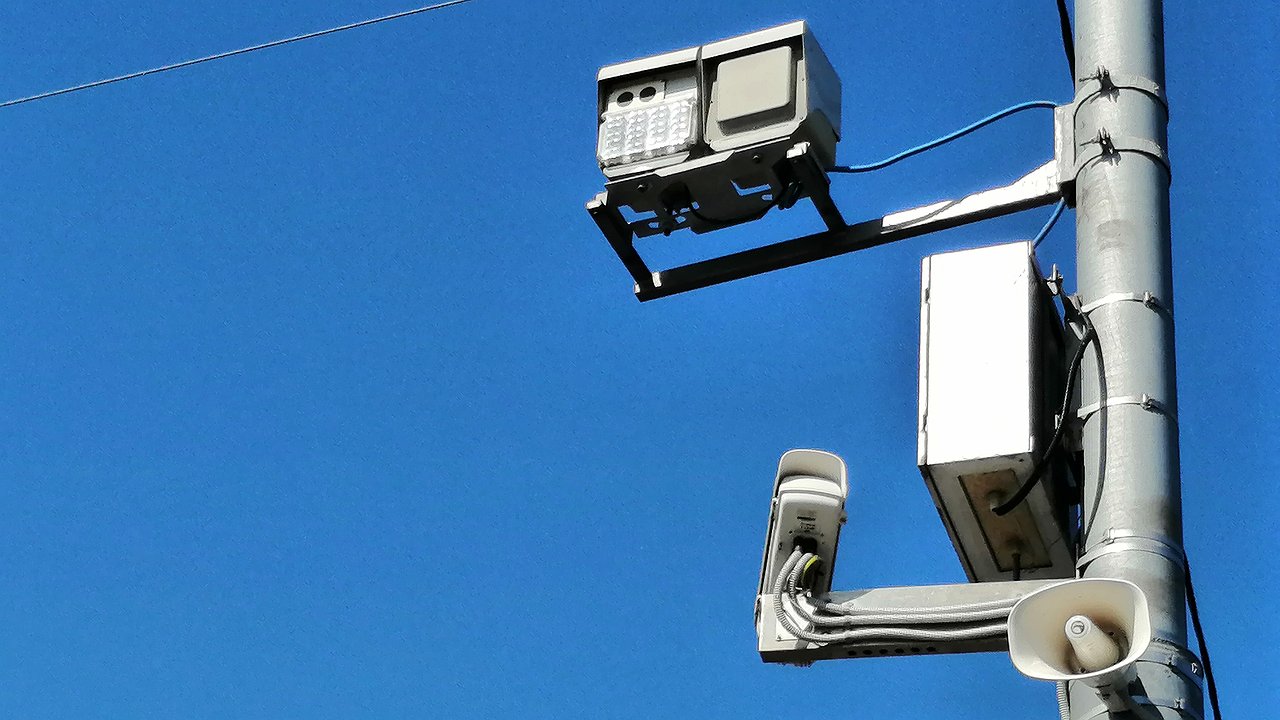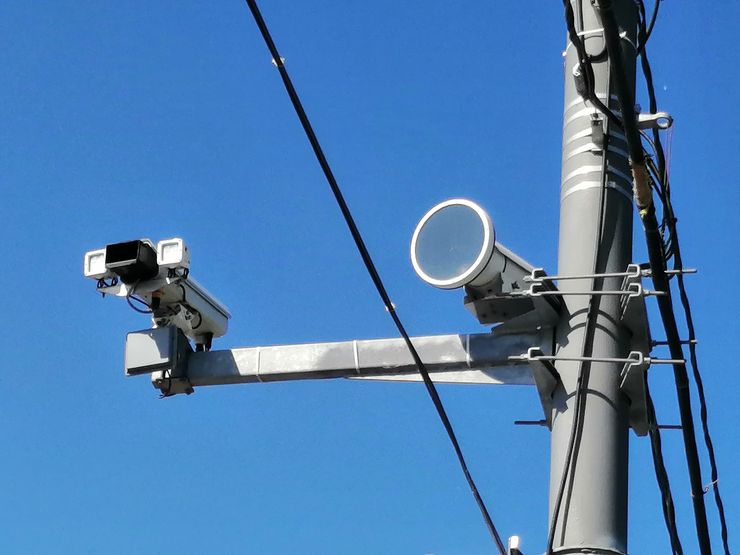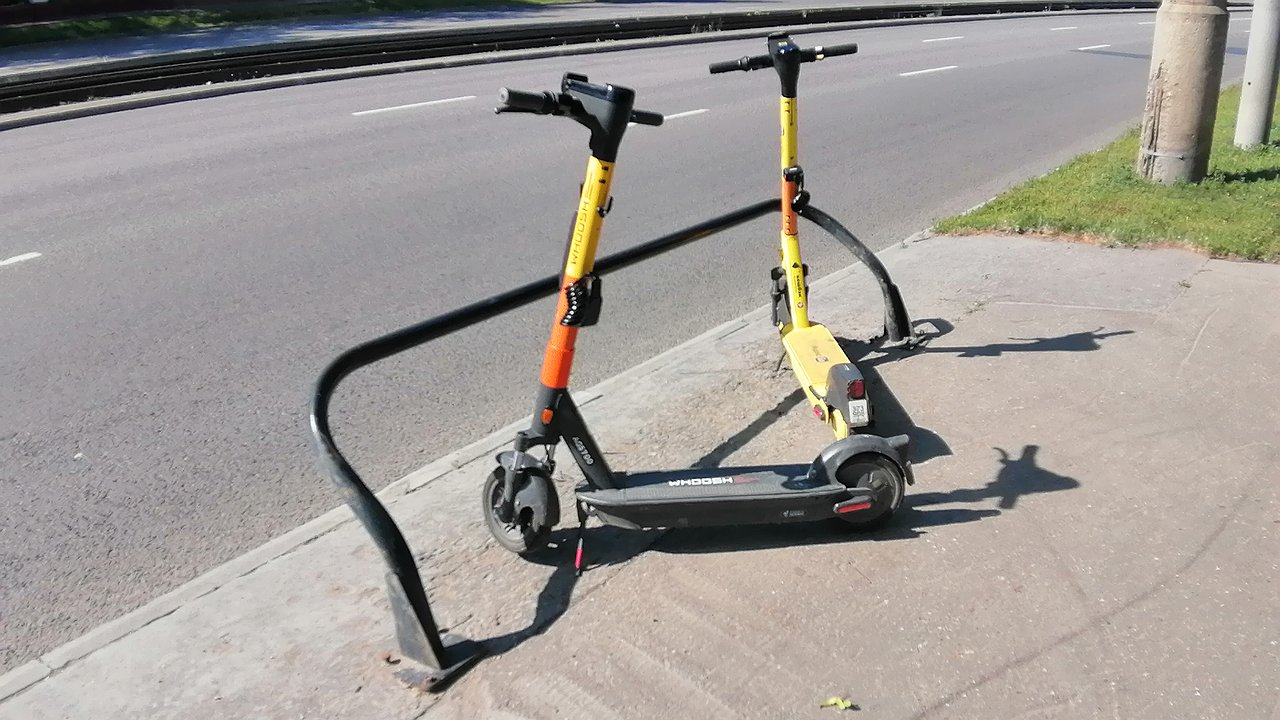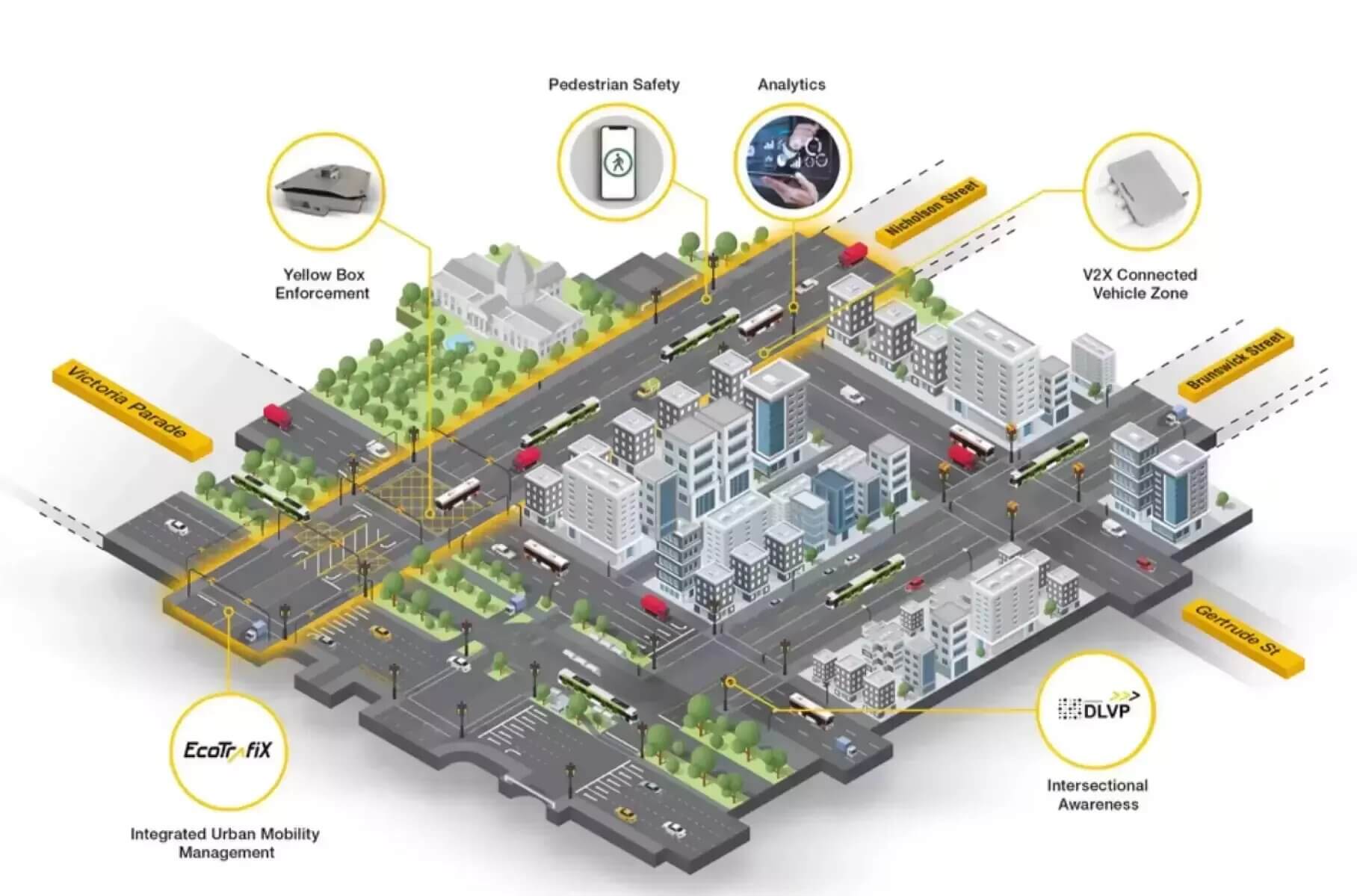The State Duma violated the state of affairs that has developed in the field of automatic registration of traffic violations by drivers. They want to drive merchants out of this “business”: A group of deputies tabled an amendment to the Code of Administrative Offenses for consideration by their colleagues, which would require private companies to stop making a profit from operating the complexes.
The draft amendment to Article 2.6.1 of the Code of Administrative Offenses explicitly requires that all cameras be owned by the state. Most of them are now leased from private owner companies, or are engaged in resolving traffic violations based on some form of contractual relationship with the state client. The deputies propose to include in the Code of Administrative Offenses the phrase that “special technical means operating in automatic mode, with the functions of photography and filming, video recording, or means of photographing and filming, video recording operating in automatic mode, must be the property of the Russian Federation or nationals of the Russian Federation.”
— The costs of the investing company for the installation of cameras are covered by the amounts of fines paid by them. The budget bears no costs. But it receives revenue from fines from every piece of video equipment. It turns out that the more violations of traffic rules, the more money will be received by both the local budget and the company that owns the camera. To increase revenue, complexes are sometimes placed not in areas with an increased accident rate, but where drivers more often commit minor traffic violations,” Yaroslav Nilov, one of the authors of the bill, head of the State Duma Committee on Labor and Social Policy, told the AvtoVzglyad portal.
According to him, this does not solve the main task of automatic restraint: reducing the number of accidents. And the presence of state-owned traffic police cameras will eliminate the commercial component in choosing their installation locations, the deputy believes.
If the State Duma approves this bill, a real revolution will take place in the market for automatic fixation cameras. The state organs of the constituent entities of the Federation will apparently have to buy out the operating complexes of automatic fixation from the owner companies.
For this, as well as for the purchase of new devices, it will be necessary to find significant funds in the not very swollen budgets of the regions. Which could well lead to a situation where “regional lack of funds” makes it impossible to operate fully usable traffic police cameras and are formally put out of action.
We also note that if the amendment is passed, the authorities will end the use by citizens of applications for resolving traffic violations by drivers installed on personal smartphones.
The draft amendment to Article 2.6.1 of the Code of Administrative Offenses explicitly requires that all cameras be owned by the state. Most of them are now leased from private owner companies, or are engaged in resolving traffic violations based on some form of contractual relationship with the state client. The deputies propose to include in the code of administrative offenses the phrase that “special technical means operating in automatic mode, with the functions of photography and filming, video recording, or means of photographing and filming, video recordings operating in automatic mode, must be the property of the Russian Federation or nationals of the Russian Federation.”
— The costs of the investing company for the installation of cameras are covered by the amounts of fines paid by them. The budget bears no costs. But it receives revenue from fines from every piece of video equipment. It turns out that the more violations of traffic rules, the more money will be received by both the local budget and the company that owns the camera. To increase revenue, complexes are sometimes placed not in areas with an increased accident rate, but where drivers more often commit minor traffic violations,” Yaroslav Nilov, one of the authors of the bill, head of the State Duma Committee on Labor and Social Policy, told the AvtoVzglyad portal.
According to him, this does not solve the main task of automatic restraint: reducing the number of accidents. And the presence of state-owned traffic police cameras will eliminate the commercial component in choosing their installation locations, the deputy believes.
If the State Duma approves this bill, a real revolution will take place in the market for automatic fixation cameras. The state organs of the constituent entities of the Federation will apparently have to buy out the operating complexes of automatic fixation from the owner companies.
For this, as well as for the purchase of new devices, it will be necessary to find significant funds in the not very swollen budgets of the regions. Which could well lead to a situation where “regional lack of funds” makes it impossible to operate fully usable traffic police cameras and are formally put out of action.
We also note that if the amendment is passed, the authorities will end the use by citizens of applications for resolving traffic violations by drivers installed on personal smartphones.
Source: Avto Vzglyad
Donald Salinas is an experienced automobile journalist and writer for Div Bracket. He brings his readers the latest news and developments from the world of automobiles, offering a unique and knowledgeable perspective on the latest trends and innovations in the automotive industry.














